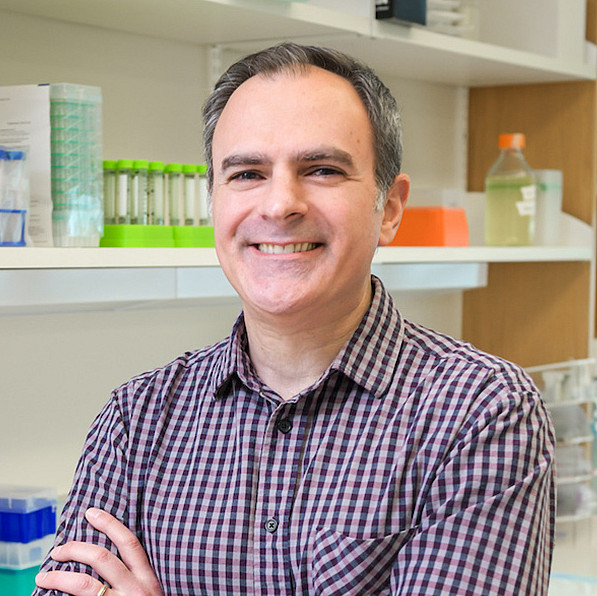
Archibald Garrod coined the term inborn errors of metabolism (IEMs) to describe individuals with rare, extreme anomalies of human biochemistry in diseases inherited in a Mendelian fashion. Garrod correctly inferred that these extreme outliers occurred within a much wider range of human "chemical individuality" that contributes to many traits, including common diseases that do not follow simple Mendelian inheritance patters. We developed parallel clinical research programs to integrate extensive phenotyping in patients with genomic and metabolomic profiling in plasma, primary cells and tissues. This has allowed us to identify genetic drivers of metabolic variation and connect them to disease. I will discuss progress in this program, which now includes a cohort of well over 1,000 subjects recruited by a network of collaborating physicians in several subspecialties. Metabolomic profiling across this cohort enriched for IEMs provides a broad view of how single-gene defects perturb the human metabolic network. I will describe how this approach has uncovered new Mendelian diseases and new connections between metabolic perturbation and tissue dysfunction. I will also discuss efforts to use severe metabolic anomalies in monogenic diseases to understand metabolic dysregulation in complex diseases, including cancer.


